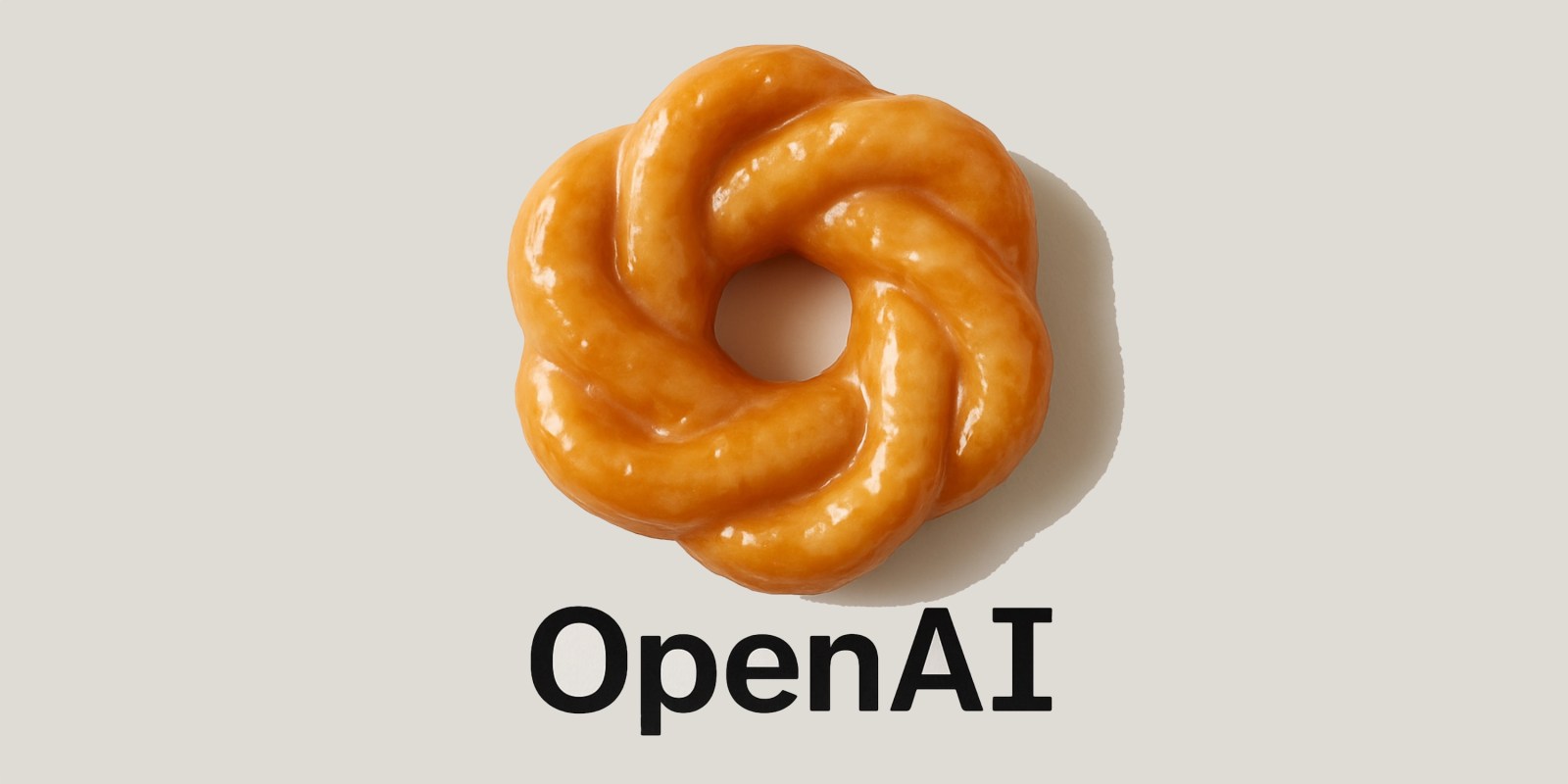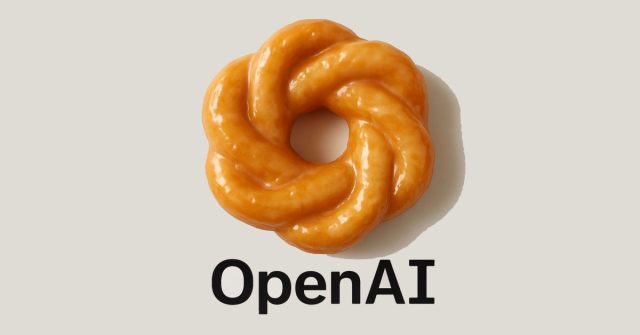
Since last week, OpenAI has deployed and recalled an update to ChatGPT after virtually all users complained about a bizarre behavior. The company explains what happened in a blog post published tonight.
ChatGPT users want the chatbot to be more personable and less clinical. Anthropic’s Claude chatbot is often described as more human-like in its responses compared to OpenAI’s more formulaic response style.
That’s why OpenAI released an update to its GPT-4o model last week that “improved both intelligence and personality,” according to company chief Sam Altman.
Two days later, Altman acknowledged something that every user noticed:
the last couple of GPT-4o updates have made the personality too sycophant-y and annoying (even though there are some very good parts of it), and we are working on fixes asap, some today and some this week. at some point will share our learnings from this, it’s been interesting.
Basically, ChatGPT would respond with incredibly inauthentic praise in response to any question that prompted feedback. It was comically bad and uncomfortably awkward.
As of tonight, the fix has been to completely roll back the changes that were released last week.
As far as what happened goes, OpenAI blames a focus on short term feedback over long term usage:
In last week’s GPT‑4o update, we made adjustments aimed at improving the model’s default personality to make it feel more intuitive and effective across a variety of tasks.
When shaping model behavior, we start with baseline principles and instructions outlined in our Model Spec. We also teach our models how to apply these principles by incorporating user signals like thumbs-up / thumbs-down feedback on ChatGPT responses.
However, in this update, we focused too much on short-term feedback, and did not fully account for how users’ interactions with ChatGPT evolve over time. As a result, GPT‑4o skewed towards responses that were overly supportive but disingenuous.
That’s not the most direct explanation for what happened, but OpenAI’s four-point action plan shines more light on the situation:
- Refining core training techniques and system prompts to explicitly steer the model away from sycophancy.
- Building more guardrails to increase honesty and transparency—principles in our Model Spec.
- Expanding ways for more users to test and give direct feedback before deployment.
- Continue expanding our evaluations, building on the Model Spec and our ongoing research, to help identify issues beyond sycophancy in the future.
In other words, OpenAI wanted to build a kinder, more supportive personality for ChatGPT. What shipped fit that description but crossed a threshold for being unrealistic. Turns out adding more personality to your chatbot requires more work than expected.
In the future, OpenAI says it wants to include default personality options as well as form personalities based on direct user feedback.
Funnily enough, the best version of ChatGPT during the overly supportive era was a joke personality in voice mode called Monday. While GPT-4o offered the highest praise in every user response, the Monday personality basically emulated Aubrey Plaza’s April Ludgate character from Parks and Rec. The sarcasm dial being turned to 10 was refreshing during the sycophancy phase. At least Siri isn’t advanced enough to face issues like sycophancy.
FTC: We use income earning auto affiliate links. More.












